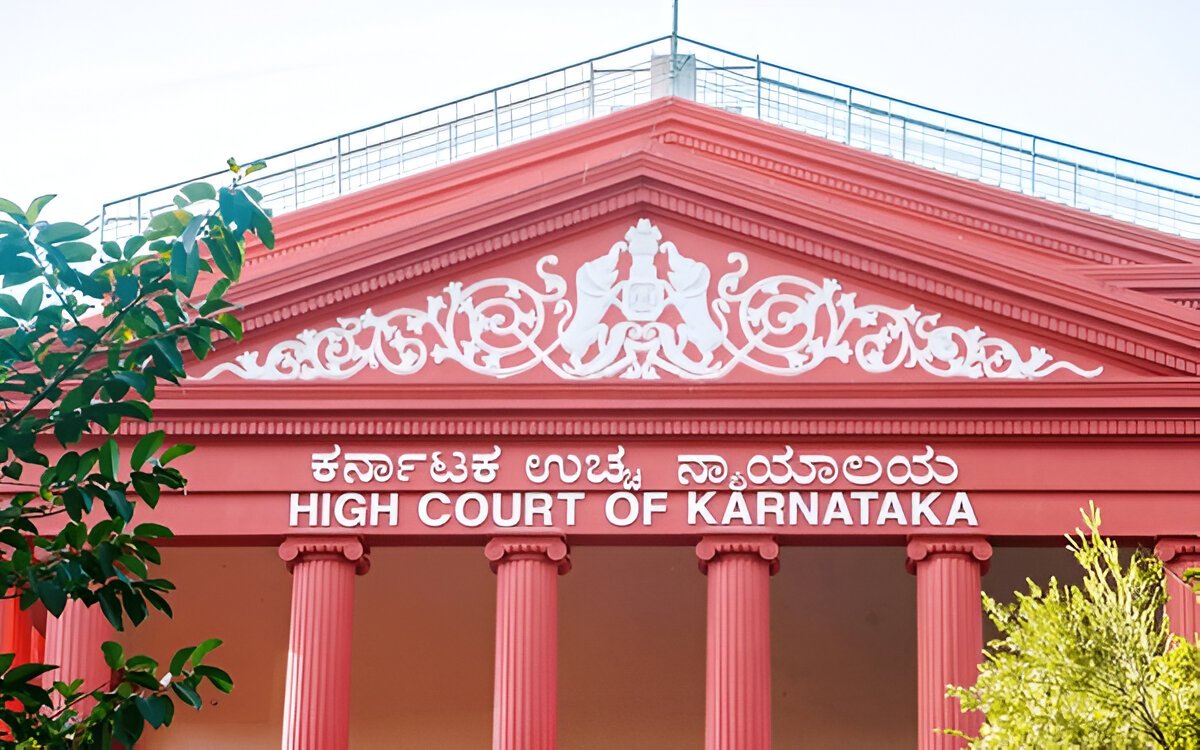Case Title: Samiulla Khan & Ors. vs. Sirajuddin Macci & Ors.
Bench: Justice Hanchate Sanjeevkumar
Court: Karnataka High Court
Date of Judgment: April 2025
In a significant judicial observation, the Karnataka High Court has made a compelling appeal to the Parliament and State Legislatures to enact a Uniform Civil Code (UCC), highlighting the constitutional need to ensure equality, especially for women. The Court, while delivering a verdict in a property dispute, strongly emphasized that a UCC would serve the greater objective of justice, dignity, and uniform treatment of citizens irrespective of caste, religion, or gender.
Background of the Case
The case pertained to a property dispute involving the legal heirs of Abdul Basheer Khan, who passed away intestate (without a will). Following his demise, conflicts erupted among his children over the distribution of various immovable properties—some ancestral, some self-acquired.
One of the heirs, Shahnaz Begum, through her husband and legal representative Sirajuddin Macci, claimed that she had been wrongfully excluded from partition and denied her rightful share. A partition suit was filed, resulting in the trial court granting her a 1/5th share in three properties identified as joint family assets. However, the remaining properties were excluded from the decree, leading to an appeal and a cross-objection before the High Court.
The Court's Judgment and Observation
While the High Court upheld the trial court’s ruling with regard to the three properties being joint family assets, it dismissed the cross-objection seeking inclusion of more properties due to lack of sufficient evidence.
However, the landmark aspect of this judgment lies in the judicial commentary made by Justice Hanchate Sanjeevkumar on the broader issue of gender justice and personal laws.
“Enactment of a law on Uniform Civil Code will truly achieve the objects of the principles enshrined in the Preamble of the Constitution of India,” remarked the Court.
Justice Sanjeevkumar noted that Hindu personal law recognizes equal rights for daughters and wives, equating them to sons and husbands in matters of inheritance and property. In contrast, Muslim personal law, as currently interpreted, does not mirror this degree of equality. This disparity, the Court observed, undermines the constitutional principle of equality before law as guaranteed under Article 14 of the Constitution of India.
Why the Court Called for a Uniform Civil Code
The Court explained that despite constitutional guarantees, religion-based personal laws often create unequal outcomes for women, especially in matters related to succession, inheritance, and marriage. A Uniform Civil Code, applicable across all communities, would harmonize these differences and ensure dignity, equal status, and opportunity for every woman in the country.
This is not the first time the judiciary has spoken in favor of UCC. However, such strong and clear articulation—anchored in the lived realities of a property dispute—adds fresh urgency to the legislative need for codifying uniform civil laws.
Implications of the Judgment
- Judicial Push for Legislative Reform: The High Court’s opinion reignites the debate on UCC, signaling the judiciary's increasing frustration with legislative inaction.
- Focus on Gender Justice: By centering women’s rights in its rationale, the judgment steers the UCC discourse back to its constitutional roots—equality, dignity, and justice.
- Setting Precedent for Future Cases: While not binding, such judicial commentary can influence similar rulings and pressure policymakers to address the long-standing legal vacuum.
Conclusion
The Karnataka High Court’s bold and forward-looking stance reiterates the judiciary’s role not just as an arbiter of disputes but as a constitutional conscience-keeper. As the call for UCC gains renewed momentum, it remains to be seen whether the legislature will heed this judicial appeal and bring India closer to the constitutional promise of true equality for all.

